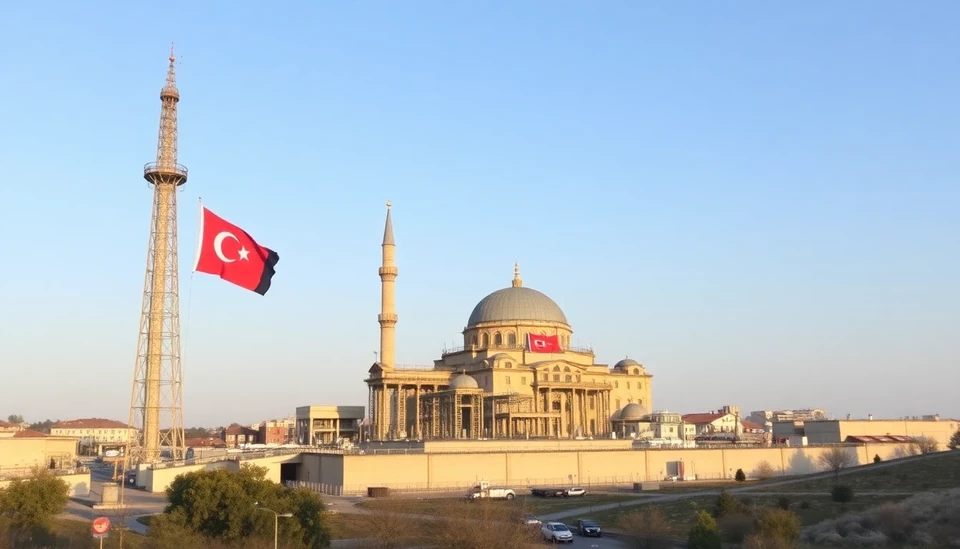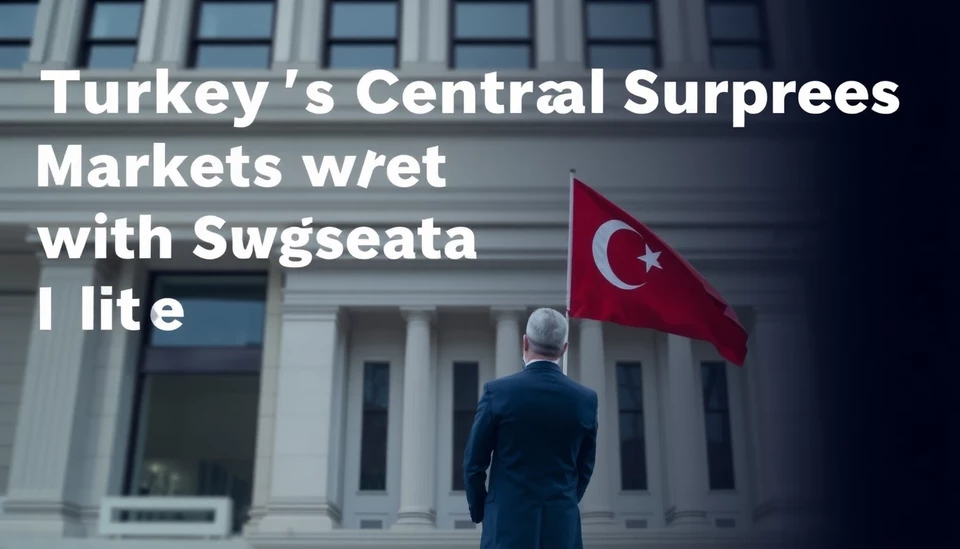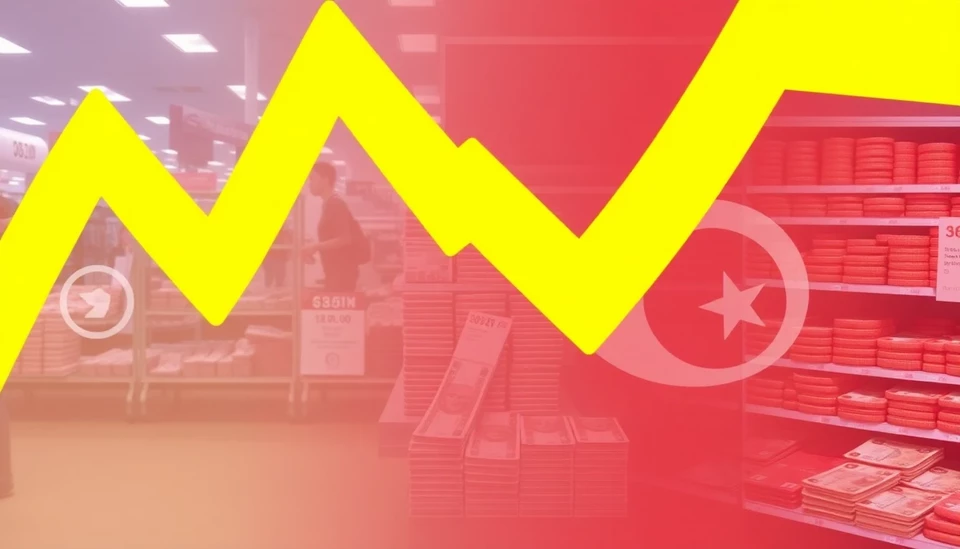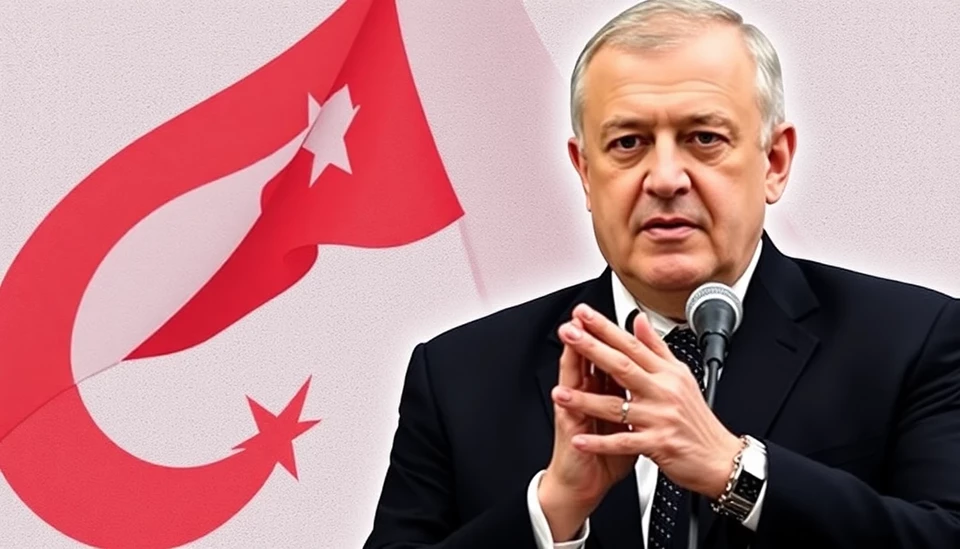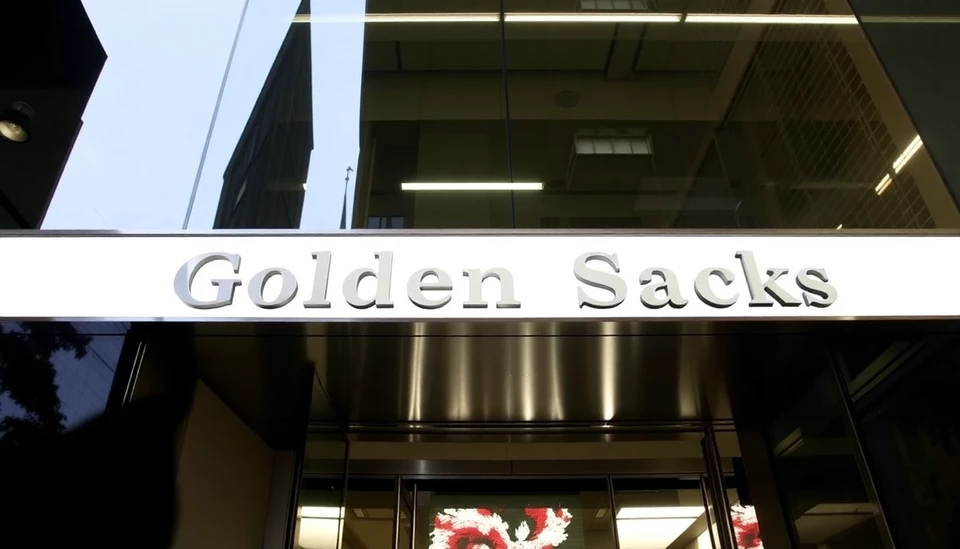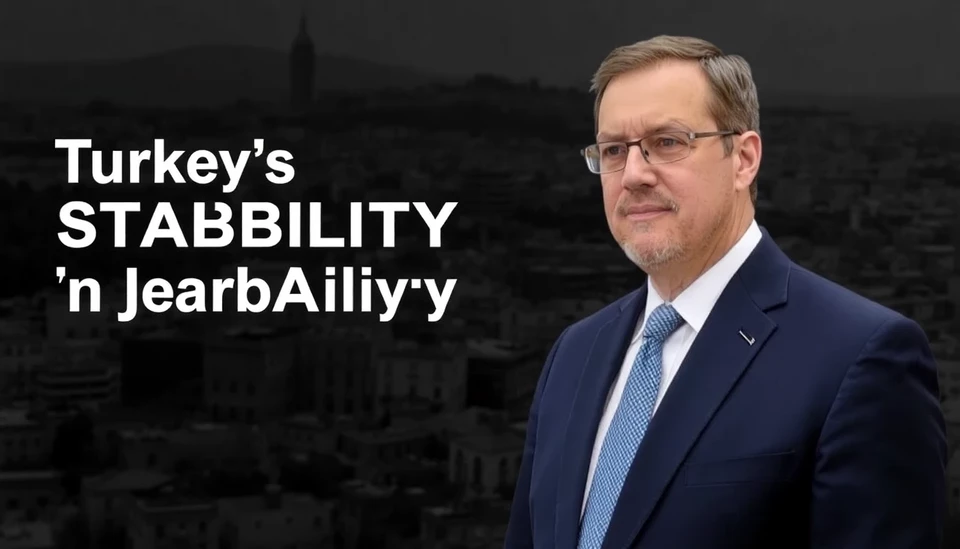
In an unprecedented turn of events, the political climate in Turkey has taken a dramatic shift following the recent arrest of Ekrem İmamoğlu, a prominent opposition figure and the Mayor of Istanbul. This incident has sent shockwaves through both political and financial arenas, raising concerns about the nation’s economic future, particularly its struggling lira and interest rates.
İmamoğlu, a key adversary to President Recep Tayyip Erdoğan, was detained amid allegations of corruption and misconduct. His arrest has been widely viewed as an attempt to stifle dissent and consolidate power in an already tense political environment. Market analysts and economists quickly reacted to the news, drawing correlations between the political strife and the potential instability of Turkey's financial system.
The Turkish lira has faced significant depreciation in recent months, with fluctuating values contributing to rampant inflation and economic uncertainty. Following İmamoğlu’s arrest, the lira experienced heightened volatility, prompting fears that investor confidence could further wane. Analysts warned that if the political turmoil continues, it could lead to more aggressive monetary policy adjustments from Turkey's central bank, which has been under pressure to keep interest rates in check.
During these tumultuous times, the Central Bank of the Republic of Turkey (CBRT) finds itself in a precarious position. Economists speculate that the CBRT may have to intervene to stabilize the lira, possibly leading to increases in interest rates. Increasing rates often have a cooling effect on inflation but can also hinder growth, placing the central bank in a dilemma as it navigates through these politically charged waters.
The broader implications of İmamoğlu's arrest extend beyond just local politics; they may reshape Turkey’s relationships with international investors and financial institutions. With the nation’s democratic structures seemingly under siege, foreign investors may grow wary of committing capital to Turkey, a move that could exacerbate liquidity issues within the country's financial markets. Additionally, sustained political instability may ignite further protests and dissent among the populace, complicating the government's attempts to restore order and confidence.
Despite this crisis, there is a segment of the population that remains supportive of Erdoğan's government, largely influenced by nationalist sentiments. However, as discontent over economic hardships grows, Erdoğan's administration could find itself facing mounting pressure from both sides—supporters wanting a firm stance and detractors demanding transparency and justice.
The arrest of İmamoğlu also raises questions about the future of opposition politics in Turkey. His political standing may transcend that of local governance and ignite wider calls for change at the national level. Should disillusionment among the electorate grow, a significant shift in political dynamics could be on the horizon, leading to further ramifications for Turkey's economic policies.
In conclusion, the landscape of Turkey's economic stability lies in a precarious balance influenced by a rapidly unfolding political scenario. The central bank's responses, public sentiment, and international reaction will prove pivotal in the coming days and weeks, as officials and citizens alike navigate the aftermath of this alarming arrest.
As events unfold, observers will be watching closely to see if Turkey can stabilize its economy amid such turbulence, or if it will succumb to the complexities of increased political strife.
#Turkey #Economy #Imamoglu #Lira #PoliticalTurmoil #InterestRates #Erdogan
Author: Laura Mitchell
